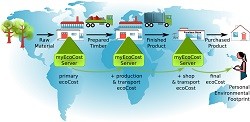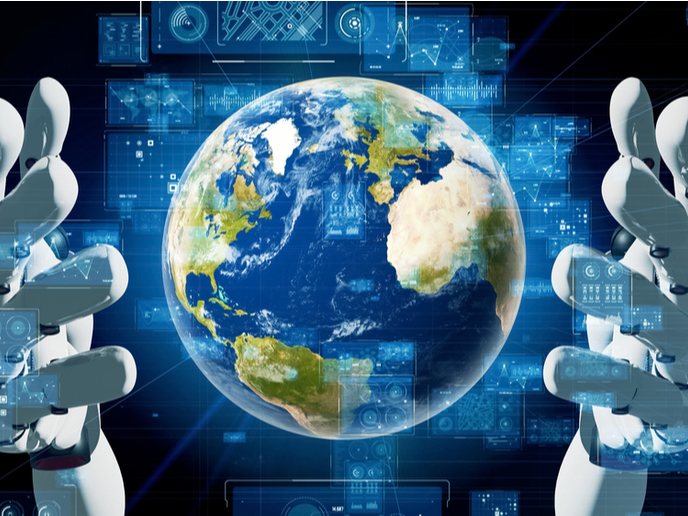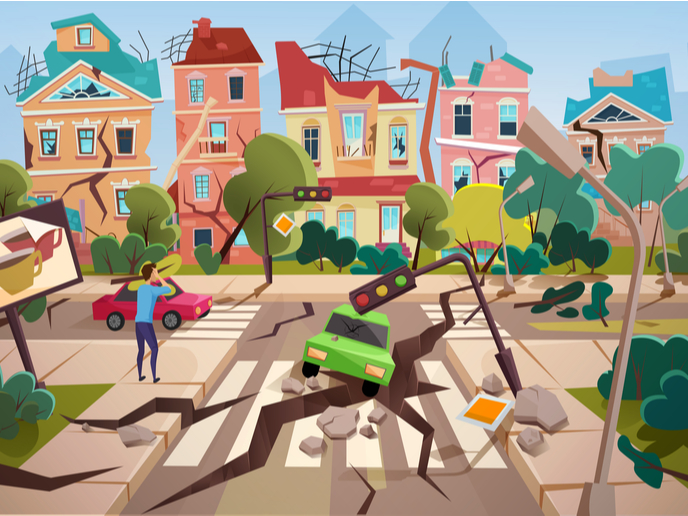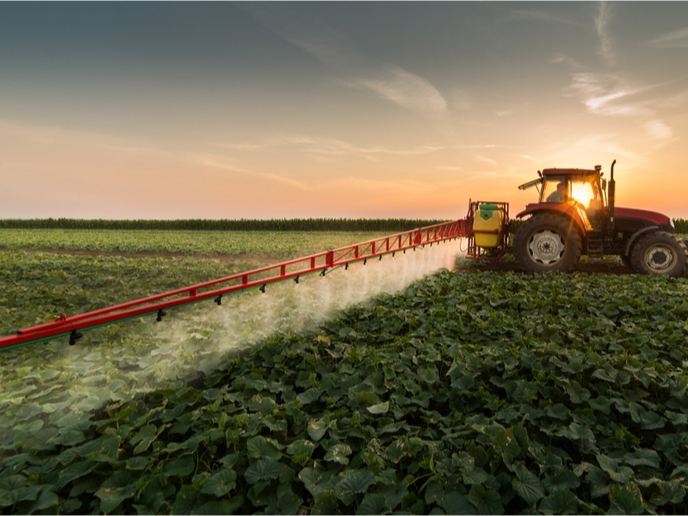A cost-effective accounting system for natural resources
The need for a more sustainable growth, including reducing the material used and carbon emitted during both the production of materials and our consumption of them, is widely known and accepted. However, the complexity of global production systems and the limited availability of lifecycle data are two huge barriers to achieving the sustainable economy we need. The MYECOCOST project addressed this challenge by offering an ICT-based ‘eco-accounting’ methodology that takes into account the environmental impact of products, services, technologies, businesses, supply chains and individual consumption. The highly-automated tool uses real-time lifecycle data to establish a global collaborative network of resource accounting nodes. These nodes, in turn, help overcome many of the problems our current practices of measuring resource consumption and environmental impacts suffer from. ‘Businesses who join the MYECOCOST network can use the tool to calculate their resource inputs, outputs and emissions, thus finding the ‘ecoCosts’ of their products and services’, explains project coordinator Nuria Riera. ‘By gathering these ecoCosts along specific supply chains, from primary production to point of sale, reliable and comparable product-specific data is created in a cost-efficient way – supporting better, more environmentally oriented decision-making.’ Optimising consumption habits According to Riera, one of the key drivers behind the project was the fact that currently available data on production and consumption systems tend to neglect environmental burdens and are hardly accessible. ‘In our digitised world, we see a big gap in the use of personal data’, she explains. ‘Although huge amounts of datasets are collected on product and service systems, they fail to inform consumers about their own behaviour and the related environmental consequences of their decisions.’ Instead of useful data, consumers are drowning in a proliferation of product labels. In fact, in Europe alone there are more than 400 environmental labels claiming to provide consumers with an indication of the environmental and/or social value of their product. Needless to say, this has led to some confusion, with a recent Eurobarometer report showing that over half of all consumers questioned saying it is too difficult to differentiate environmentally friendly products from others. It is against this background that the MYECOCOST project set out to develop a cost-effective accounting system for natural resources. ‘Digitisation has enabled the facilitation of a global network formed by collaborative resource-accounting nodes that collect relevant environmental data at each stage of a production chain or stages in the provision of a service, which is the core function of the MYECOCOST project’, says Riera. This collected data can then be passed from supplier to supplier and, eventually, to the consumer, via an invoice or on a price tag. Furthermore, as data can be aggregated along the supply chain, all the way down to the sales counter, specific information not only about a product group or brand, but also for an individual unit of a product, can be communicated to the end consumer. This information, in turn, allows the consumer to optimise the environmental impact of their consumption habits. A new era of eco-awareness According to Riera, with ecoCost values widely available, how society views various products and services could drastically change. ‘We can now track our purchases and their environmental effects over time, assess whether or not our lifestyles are within acceptable ecological limits, and learn how to reduce our personal or corporate environmental impact’, she concludes. ‘In this sense, we envisage a new era of eco-awareness in everyday life, with MYECOCOST providing a vital infrastructure that moves designer, producer and consumer decisions towards more sustainable lifestyles and an ecologically-based circular economy.’
Keywords
MYECOCOST, ecoCost,, digitisation, consumer decisions, environmental labels, real time life cycle data, sustainable production and consumption







